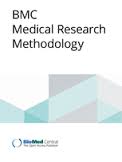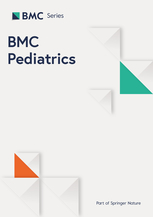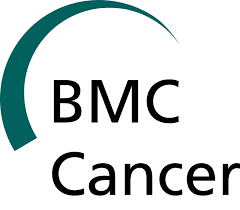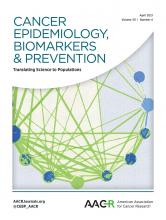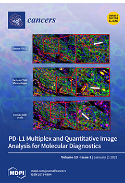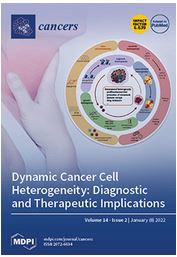Strengthening patients’ triage in community pharmacies: A cluster randomised controlled trial to evaluate the clinical impact of a minor ailment service
Background Self-perceived minor ailments might conceal other health conditions if patients are not appropriately assisted by health care professionals. The aim of the study was to evaluate the patient-related outcomes of a community pharmacy Minor Ailment Service (MAS) compared to usual pharmacist care (UC). Methods A cluster randomised controlled trial was conducted over six months…




